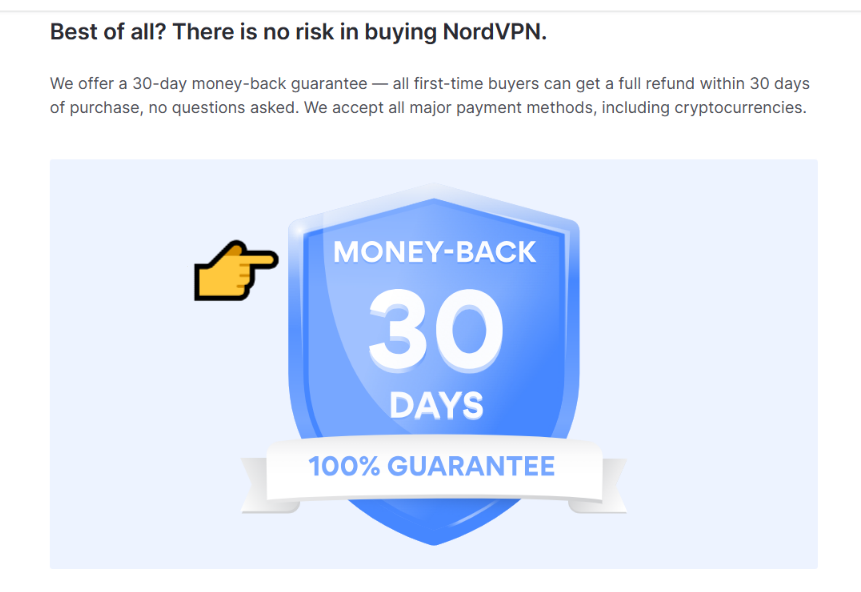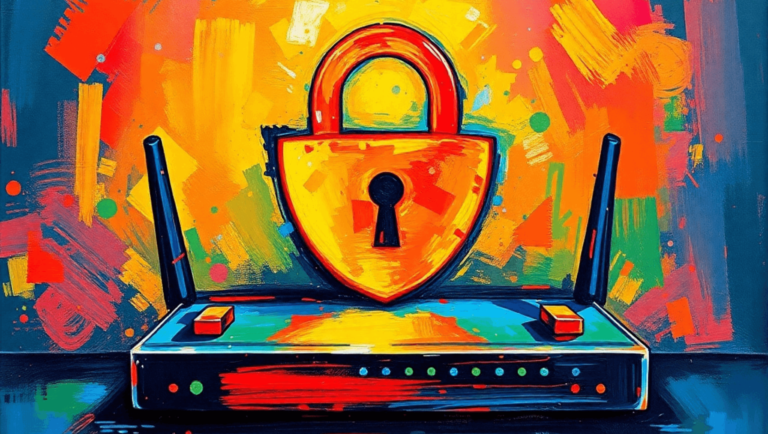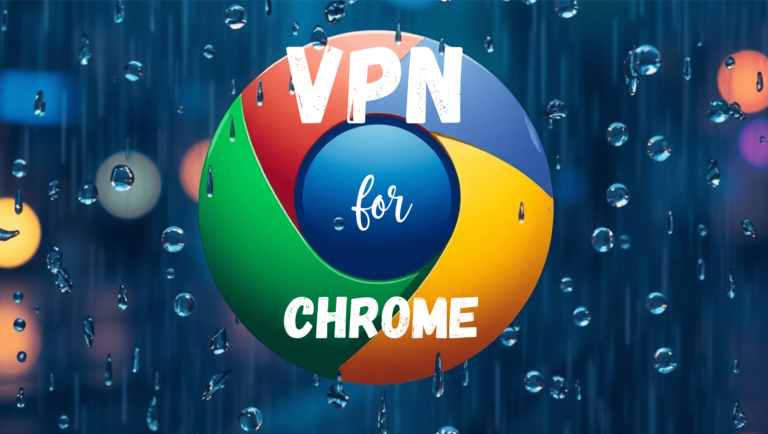The Ultimate Guide to Choosing the Best VPN Online

With the increasing number of cyber-attacks and surveillance, it has become essential to safeguard our online activities. A Virtual Private Network (VPN) is a useful tool that helps protect your online privacy by encrypting your internet connection and masking your IP address. But with so many options available, how do you choose the right one?
In this comprehensive guide, we will explore the key factors to consider when selecting a VPN, such as security protocols, server locations, speed, and compatibility with different devices. We will discuss the different types of VPNs available and their pros and cons. Additionally, we will provide an unbiased review of some of the leading VPN providers in the market, helping you make an informed decision.
Don’t compromise your online security and privacy. Read on for the ultimate guide to choosing the best VPN online for a secure browsing experience.
Essential Features to Look for in a VPN
Security and Privacy Measures
When selecting a VPN, security and privacy should be your top priorities. A reliable VPN must include robust encryption protocols such as AES-256, ensuring your data remains safe from prying eyes. Additionally, look for advanced features like a kill switch, which automatically disconnects your internet if the VPN connection drops, preventing data leakage.
Privacy is equally crucial. Opt for a VPN provider that follows a strict no-logs policy, meaning it doesn’t store your browsing data or personal information. Also, check if the VPN supports advanced privacy tools like split tunnelling and DNS leak protection to safeguard your online activity further. Choosing a VPN with no-log policies is essential for maintaining your anonymity online.
Speed and Performance
A good VPN should enhance your browsing experience, not hinder it. High-speed performance is essential for streaming, gaming, and downloading large files. Look for VPN providers that offer unlimited bandwidth and consistently fast server connections. The fastest VPNs for online activities often leverage modern tunnelling protocols like WireGuard or OpenVPN, which are optimized for speed and security.
Additionally, some VPNs offer specialized servers designed for specific tasks, such as streaming or torrenting, which can significantly improve performance. Secure VPNs for streaming and gaming are particularly beneficial for uninterrupted entertainment.
Device Compatibility
Your VPN should be versatile enough to work seamlessly across all your devices. Ensure the provider offers apps for multiple platforms, including Windows, macOS, iOS, Android, and even Linux. Some VPNs also support smart TVs, routers, and gaming consoles, providing comprehensive coverage. VPNs for accessing geo-blocked content are handy on these diverse devices.
Look for features like simultaneous connections, allowing you to use the VPN on multiple devices simultaneously. This is especially useful for families or individuals with numerous gadgets. Choosing VPNs for various devices ensures that all your internet activity remains secure.
Global Server Network
The size and distribution of a VPN’s server network can impact your internet experience. A vast network spread across multiple countries gives you more options to access geo-restricted content and ensures better connectivity. VPN comparison for online privacy often highlights the importance of global server networks.
Choose a VPN with servers in regions relevant to your needs, such as countries with strict internet regulations or popular streaming service regions. Also, consider whether the provider offers specialized servers for streaming, torrenting, or enhanced privacy. Affordable VPNs with excellent performance often include a robust global network to meet diverse user needs.
VPN protocols and encryption methods
Grasping VPN protocols is important when choosing the perfect VPN service. Each protocol offers a unique blend of security, speed, and compatibility. One of the most popular options, OpenVPN, shines with its impressive security features and adaptability. It works beautifully over TCP and UDP, which means it’s an excellent fit for many internet connections. Thanks to its strength and flexibility, OpenVPN is widely regarded as the gold standard in the world of VPNs!
Another popular protocol is L2TP/IPsec, which combines the Layer 2 Tunneling Protocol with the IPsec encryption protocol. While it provides a high level of security, it can be slower than OpenVPN due to the double encapsulation of data. Additionally, IKEv2/IPsec is a protocol that offers fast speeds. It is particularly effective for mobile devices as it can quickly reconnect when switching between networks, such as moving from Wi-Fi to mobile data.
PPTP is an option for users prioritizing speed over security, although it is generally considered less secure than the protocols mentioned above. While PPTP can provide high-speed connections, it uses outdated encryption methods that may not be sufficient for users concerned about privacy. Ultimately, understanding the strengths and weaknesses of these protocols will enable you to make a more informed decision when choosing a VPN that aligns with your security and performance needs.
Popular VPN providers and their features
When considering a VPN, some providers stand out due to their features and reputation in the industry. NordVPN is one of the most popular choices. It is known for its robust security features, strict no-logs policy and military-grade encryption. NordVPN offers a vast network of servers across the globe and includes unique features such as CyberSec, which blocks ads and malware. Additionally, NordVPN supports P2P sharing, making it an excellent choice for torrenting.
ExpressVPN is another leading provider that excels in speed and user experience. Its simple interface makes it easy to set up and use across various devices. ExpressVPN offers strong encryption, a no-logs policy, and a feature called TrustedServer, which operates its servers entirely on RAM to ensure that data cannot be stored long-term. Its extensive server network allows for reliable connections even in countries with strict internet censorship.
Surfshark is gaining popularity for its affordability while still offering premium features. With a no-logs policy and strong encryption, Surfshark also allows unlimited simultaneous device connections, making it an excellent value for families or groups. Unique features like CleanWeb, which blocks ads and trackers, and Whitelister, which allows certain apps to bypass the VPN, make Surfshark a versatile choice for users looking to enhance their online privacy.
Free vs. Paid VPNs: Which One Should You Choose
While free VPNs may seem appealing, they often have significant limitations, such as slower speeds, data caps, or lack of security. Some free services may also log your data or sell your information to third parties, undermining the purpose of using a VPN.
Why Paid VPNs Offer Better Value
While they require an investment, paid VPNs typically offer far superior security, speed, and customer support.
Many providers also offer money-back guarantees or free trials, allowing you to test the service before committing to the long-term. This is an excellent opportunity to assess the VPN’s performance, usability, and compatibility with your devices. Always read the terms of service to understand the refund policies and ensure you can make an informed decision before purchasing.

How to Set Up and Use a VPN
Setting up and using a VPN on different devices
Setting up a VPN can vary depending on your device, but most reputable VPN providers offer user-friendly applications that simplify the process. For desktop users, the first step is typically downloading the VPN software from the provider’s website. After installation, you must log in using your account credentials and select a server to connect to. Most applications provide clear instructions and intuitive interfaces, making them easy for even novice users to navigate.
The process on mobile devices is similarly straightforward. Download the VPN app from the App Store or Google Play and follow the installation prompts. Once installed, you can log in and choose a server location as you would on a desktop. Many mobile VPN apps offer additional features, such as split tunnelling, which allows users to select specific apps or websites that bypass the VPN connection.
Setting up a VPN on routers can be slightly more complex, but it offers the advantage of protecting all devices connected to the network. Many VPN providers provide guides for configuring their services on various router models. By setting up the VPN on your router, you can secure your entire home network, ensuring that all connected devices benefit from the privacy and security features of the VPN without needing to be configured individually.
Tips for Optimizing Your VPN Performance
Additional security measures to enhance VPN usage
While using a VPN significantly enhances your online security, it’s essential to implement additional measures to maximize your protection. One of the most effective strategies is to enable two-factor authentication (2FA) on your accounts. This extra layer of security requires a secondary form of verification, such as a text message or authentication app, in addition to your password, making it much harder for unauthorized users to access your accounts.
Another critical step in maintaining online security is regularly updating your devices and software. Cyber threats evolve constantly, and keeping your operating system, applications, and VPN software up-to-date ensures you have the latest security patches and protections against vulnerabilities. Setting your devices to update automatically can help streamline this process and reduce the risk of being exposed to known security flaws.
Finally, practicing safe browsing habits when using a VPN is vital. Avoid clicking on suspicious links or downloading files from untrusted sources, as these can compromise your security. Using secure HTTPS websites can also help protect your data during transmission. Combining VPN usage with these additional security measures can create a comprehensive approach to safeguarding your online privacy and security.
Common VPN Mistakes and How to Avoid Them
Common misconceptions about VPNs
Using Public Wi-Fi Without Proper Setup
Despite VPNs’ growing popularity, several misconceptions about their functionality and effectiveness persist. One common myth is that VPNs provide complete anonymity online. While VPNs can significantly enhance your privacy by masking your IP address, they do not make you entirely anonymous. If you log into accounts or provide personal information while using a VPN, that data can still be tracked. Understanding that a VPN is a tool for privacy rather than a silver bullet for anonymity is crucial for users.
Another misconception is that all VPNs are equally secure. In reality, the level of security provided by a VPN can vary widely based on its encryption methods, protocols, and company policies. Some VPNs may claim to offer robust security features but could be using outdated protocols or insufficient encryption. Therefore, it’s essential to research and choose a reputable VPN provider that prioritizes privacy and security.
Lastly, many users believe a VPN will drastically slow their internet connection. While it’s true that VPNs can introduce some latency due to the encryption process and traffic rerouting, reputable VPN providers invest in high-speed servers and advanced technology to minimize this impact. In many cases, users may not notice a significant difference in speed, especially when connected to a server close to their geographical location. Thus, selecting a VPN known for its speed and reliability is essential.
Overlooking Terms and Conditions
When choosing a VPN, it’s easy to skip reading the terms and conditions, but it can lead to unpleasant surprises. The terms outline important details about data collection practices, usage policies, and refund conditions. Some VPNs may claim to have a no-logs policy but include exceptions in the fine print, such as retaining connection logs for troubleshooting purposes.
Additionally, the terms may reveal restrictions on specific activities, like torrenting or limitations on the number of devices connected simultaneously. Refund policies can also vary, with some providers offering money-back guarantees only under specific conditions.
By carefully reviewing the terms and conditions, you can ensure that the VPN meets your expectations and provides the necessary privacy and functionality.
Conclusion and final thoughts on choosing the best VPN for secure browsing and privacy protection
Choosing the best VPN for secure browsing and privacy protection requires careful consideration of various factors, including security features, server locations, user experience, and pricing plans. With the increasing importance of online privacy, selecting a VPN that aligns with your specific needs and offers robust security measures is essential.
As you explore different VPN providers, remember to weigh the benefits against any misconceptions you may have. Understanding the strengths and limitations of VPN technology will empower you to make a more informed decision. Exploring the diverse protocols and encryption methods will further enhance your understanding of the available options.
In conclusion, investing in a reputable VPN is a significant step toward safeguarding your online privacy. Following the guidelines outlined in this guide, you can confidently choose a VPN that best suits your needs and enjoy a more secure browsing experience. Protect your digital life and enjoy the freedom to browse the internet without worry!



